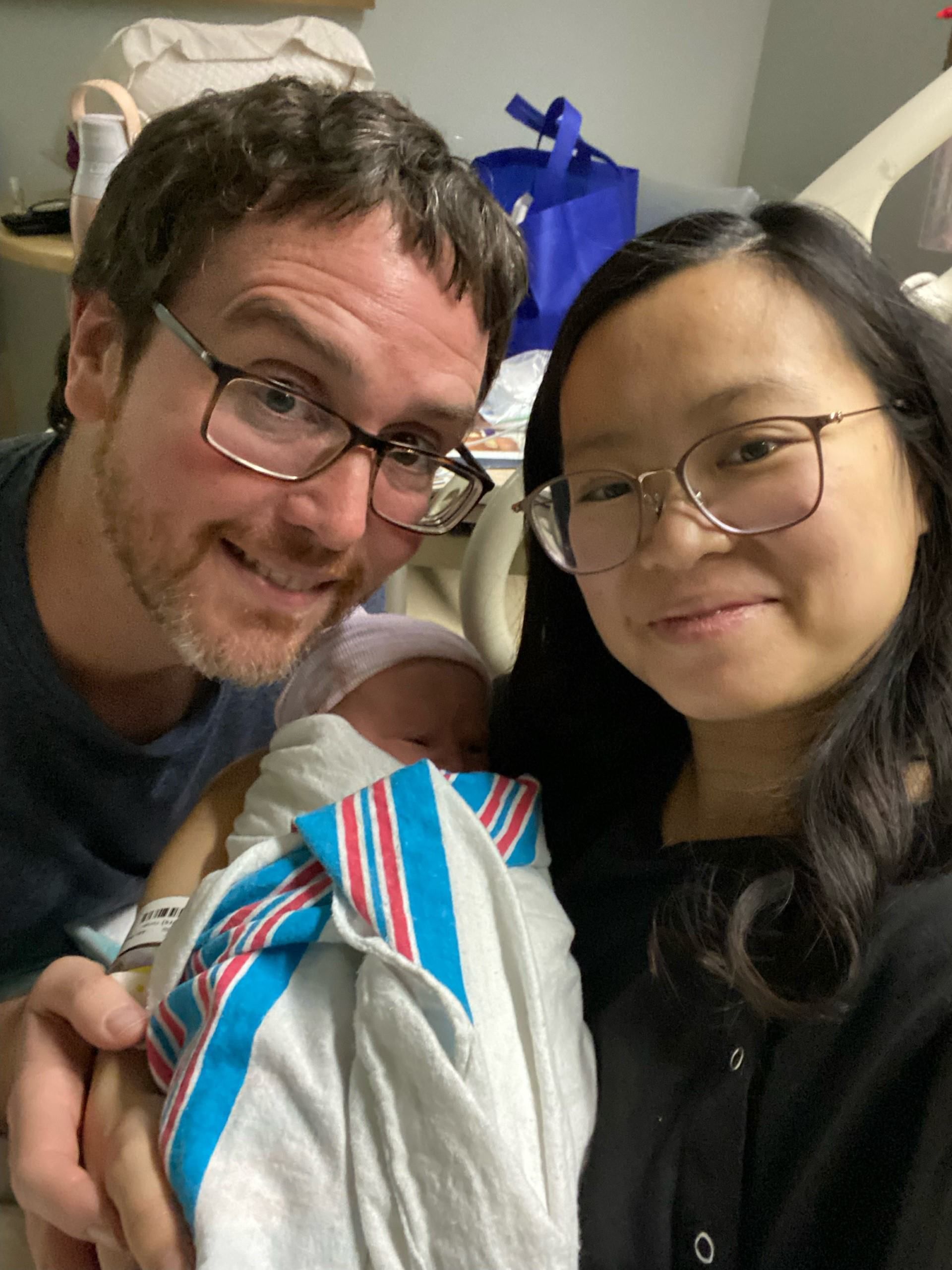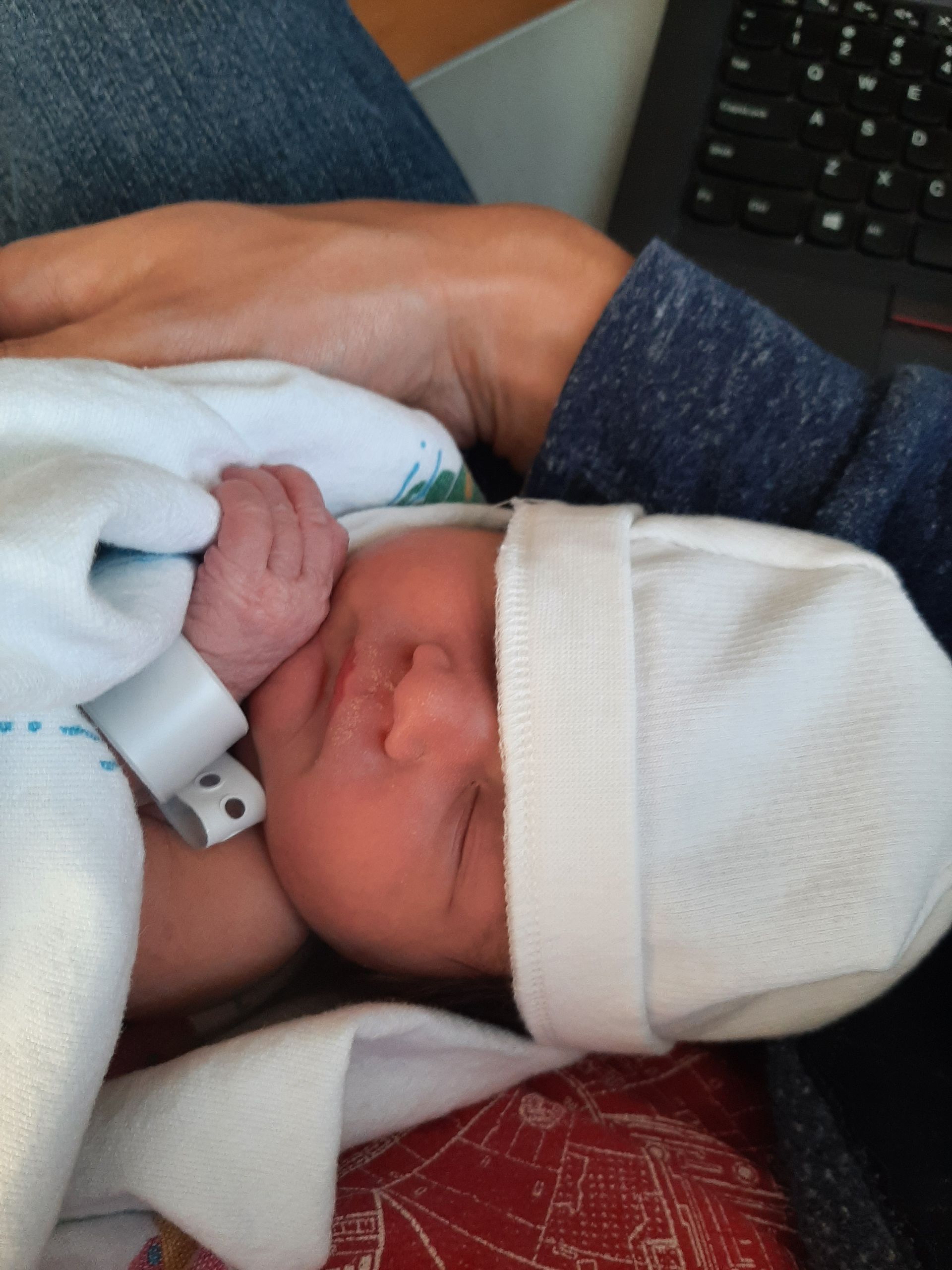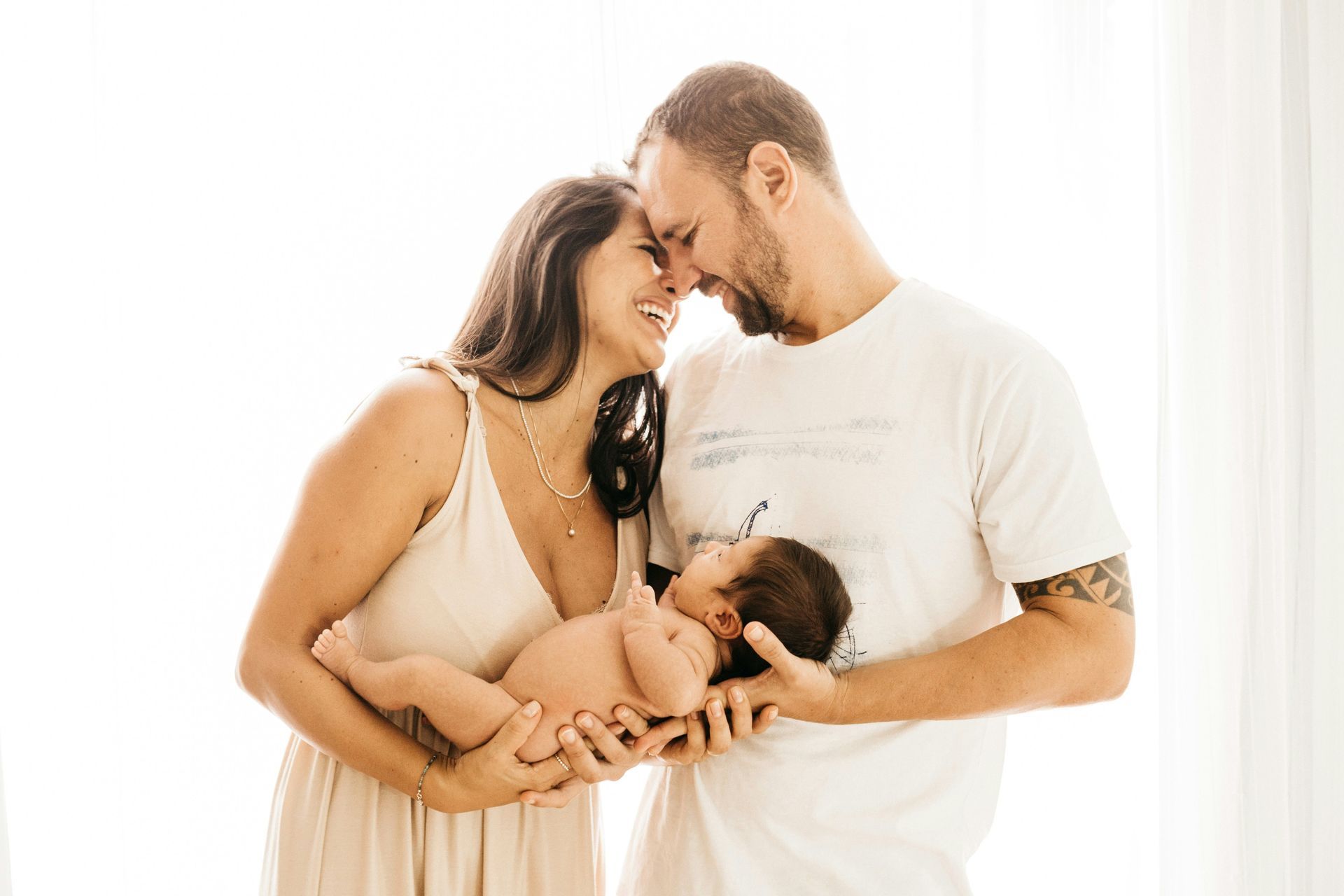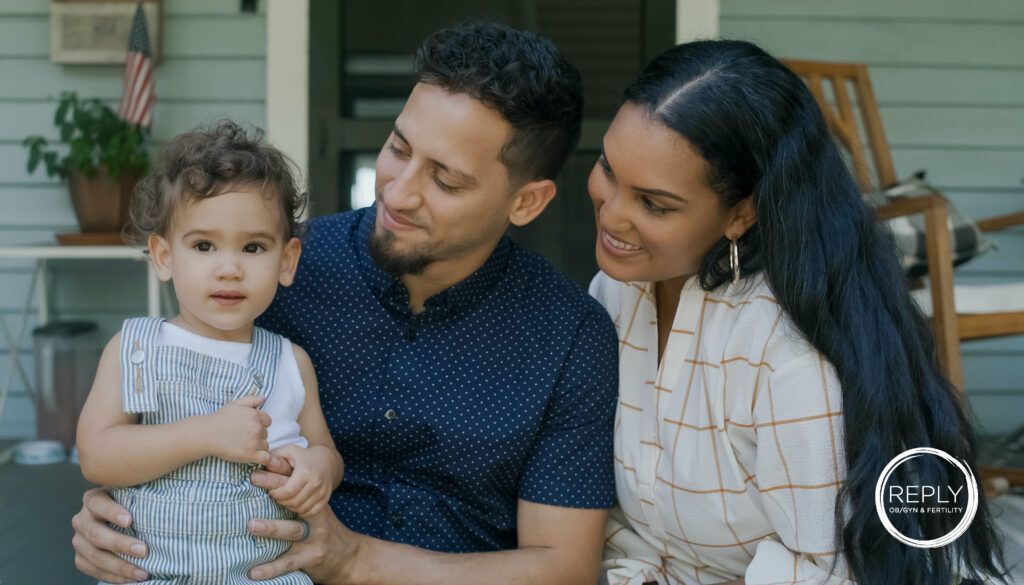Dr. Kim Barrows Interviewed by ABC News in Grand Rapids, Michigan
ABC News “13 On Your Side” in Grand Rapids, Michigan, included a report on restorative reproductive medicine (RRM) in their June 12, 2025, broadcast. The report featured Reply RRM clinician and Grand Rapids resident Dr. Kim Barrows, along with her former patient, Mary Kate Weeber, who overcame infertility with RRM care.
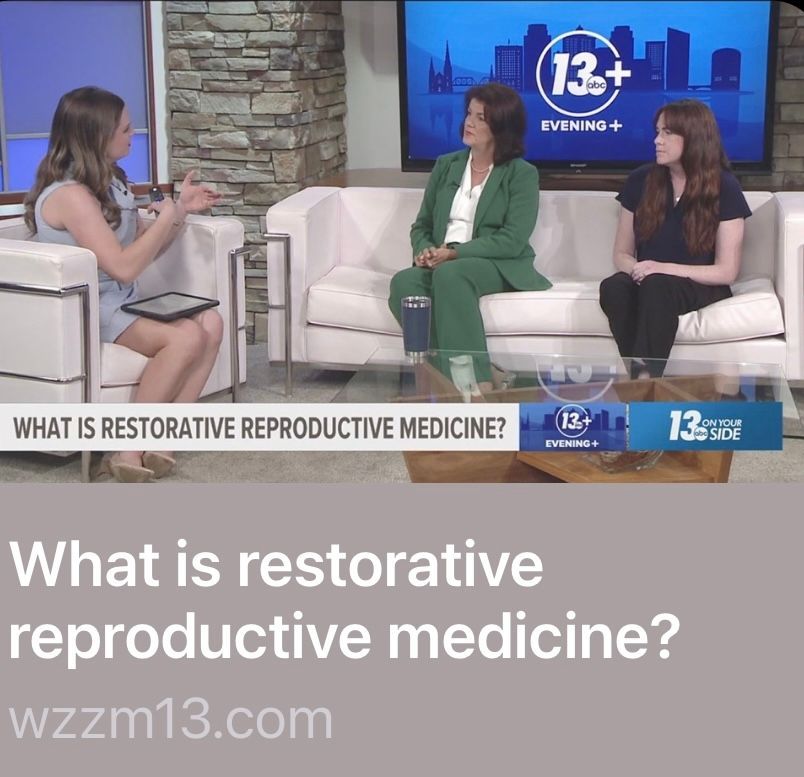
ABC News WZZM affiliate host Julia Gorman conducted the interview of Dr. Barrows and Mrs. Weeber as part of a feature during World Infertility Awareness Month. “Infertility awareness,” said Ms. Gorman as she opened her report, is “a topic that we can always be talking about more here in our community.” She included questions to Dr. Barrows about RRM and how RRM clinicians go about investigating “what the root cause might be of someone’s infertility.” Dr. Barrows shared how we know infertility typically is multi-factor, with 4-6 underlying causes or contributors that can be female, male, or both, and that one of the benefits of restorative reproductive medicine is that it can position a couple not only for one baby, but for improved health long-term for couples to build their families.
Mrs. Weeber, who is not a Reply patient but who saw Dr. Barrows prior to Dr. Barrows joining Reply, provided a thoughtful summary of her RRM experience, which included treatment for PCOS:
“A family member told me about Dr. Barrow. It was a learning curve and following the treatment plan of RRM, I think it was nine to ten months and we had a positive pregnancy test.”
The Weebers now have three children.“What would you say to other women out there,” Ms. Gorman asked, “who may be struggling with infertility like you were at one point?”
“I think it’s never too soon to learn about how your body works,” answered Mrs. Weeber, “and to seek out those answers if you feel like something is wrong.”

A transcript of the interview follows below, and the WZZM “13 on Your Side” story can be viewed here.
Host Julia Gorman
We're going to switch gears now and talk about infertility awareness, of course, a topic that we can always be talking about more here in our community. I'm joined by Dr. Kim Barrows and Mary Kate Weeber. Ladies, thank you so much for being here! We're talking about restorative reproductive medicine, and that is your cup of tea, Dr. Barrows?
Dr. Kim Barrows
Yes.
Host Julia Gorman
And Mary Kate, you have benefited from this kind of science. We're going to talk all about your success story and your growing family in just a moment. Dr. Barrows, you know, this is your thing—talk to me a little bit about if someone's never heard of RRM, what is it? What are we talking about here?
Dr. Kim Barrows
Yeah, restorative reproductive medicine is a new way, a very effective solution for couples facing infertility. So, it's taking a deep dive and looking at all the underlying factors that could be contributing to the infertility—both the man, the woman, and both. So, we have—I liken it to peeling back the layers of an onion—and we just want to leave no stone unturned.
Host Julia Gorman
And infertility is obviously, you know, a really challenging issue that so many couples can face. It can be so devastating, and challenging, and there's lots of different approaches out there. IVF is one that maybe some couples are familiar with. You know, when you're talking about peeling back the layers and looking at kind of what the root cause might be of someone's infertility, the man or the woman. What could some of the causes be here that you're talking about?
Dr. Kim Barrows
Some of the causes—we generally find about four to six—but PCOS, endometriosis, chronic endometritis is a big one, and then we have male factor infertility, that can be related to not just sperm count, but also the quality of the sperm. And so, the quality of your ovulation matters, the quality of all the things related to sperm, and metabolic health, anatomic health, all that matters.
Host Julia Gorman
Yeah, really, a wide span of different things that could be causing this issue that can be so challenging. And you know, as far as how you figure out what that cause may be, and then work to kind of resurrect it to ultimately, you know, enable someone to grow their family. What does that look like? I'm sure it's very complicated, but kind of in a nutshell, what does that look like?
Dr. Kim Barrows
We start with the woman charting her cycle because it's really important to use a fertility awareness-based method that's based in science with efficacy and a teacher actually training you. So then once you can confidently identify, “yes, you are ovulating,” or “no, you're not.” If you are, are you ovulating well? Then we can move forward. We also work with the husband and do lab work on both parts of the couple. And we also do a targeted, timed hormonal profile as well as their ultrasounds around her ovulation, so it's really key for her to be able to figure out when that is.
Host Julia Gorman
Really a detailed look at anything that could be impacting this process, which is really incredible. Mary Kate, you worked with Dr. Barrows—I don't want to leave you out here—you worked with Dr. Barrows, you're now a mom of three, three under five, which is incredible. Kudos to you! If you don't mind, tell us a little bit about your journey, how you got to working with her and what your experience was like.
Patient Mary Kate Weeber
Okay, well, my husband and I married in the spring of 2016, but even before that we spoke together and knew we wanted a family. And also with my history, I knew as a teenager and into my twenties, I had been told I have PCOS, so in the back of my head, that was there. But then as we were ready for a family, it was difficult, and about six months in—I didn't want to wait a full year—I wanted to figure out what was going on. There was, that's actually when a family member told me about Dr. Barrows. And we met with her. It was a learning curve, um, following the treatment plan of RRM, and then within, I think it was nine to ten months, and we had a positive pregnancy test, which was really amazing to finally see that. And our daughter Annie, was born in August of 2019.
Host Julia Gorman
Wow.
Patient Mary Kate Weeber
We're both so grateful for Dr. Barrows, working with us, we just don't know, you know, if we hadn't met with her then how long our journey to starting our family would've been.
Host Julia Gorman
And, you know, many are, and many aren't familiar with PCOS and the different problems that can cause when it comes to fertility and also just quality of life—that's another women's health issue that's just not talked about enough. And for you, knowing that early on, as a young person, and worrying about, you know, how that was going to impact growing your family, that's such a challenging experience, I'm sure. You know, being able to use this approach, what would you say to other women out there who may be struggling with infertility like you were at one point, and trying this approach compared to the others that are out there?
Yeah, I think it's never too soon to learn about how your body works, and to seek out those answers if you feel like something is wrong. Infertility is so isolating, so I think it's important to keep the communication open and really be kind to yourself.
Host Julia Gorman
And since Annie being born, you've welcomed two other children. Did you use RRM for that as well? Was that needed for those births?
Patient Mary Kate Weeber
That's a great question. I did actually, I worked with Dr. Barrows and her team into my pregnancies as well, and then postpartum. I wanted to meet with her again for a refresher and to talk about the spacing of our children. So, I have worked with her team for a while.
Host Julia Gorman
Oh, such, such incredible news. And we were showing some pictures just a moment ago of your absolutely adorable family, which is so exciting. Congratulations!
Patient Mary Kate Weeber
Thank you. Thank you.
Host Julia Gorman
Again, you are the hero here for “three under five!” You know, Dr. Barrows, as far as when it comes to this method and this approach, obviously there's others out there. Many people have heard of, you know, IVF or other sort of associated procedures. How does this compare? Is this kind of just another option? Does this work better for some people than other ways of conceiving?
Dr. Kim Barrows
Well, this is definitely a comparable option, the efficacy is comparable. It's definitely a lot less expensive. But the thing I really like about it is it's long-lasting. Once you heal those problems, you know, then a lot of times you don't need to do nearly as much to get pregnant the next time, or sometimes nothing at all, because the problems are fixed.
Host Julia Gorman
Gotcha. And for anyone who is hearing about this and wants to learn more and maybe wants to book an appointment with you—how can they do so? Where are you based? Tell us about that.
Dr. Kim Barrows
I'm based doing telemedicine through Reply Fertility, and we're actually in lots of states with lots more coming. So if you check out our website, replyfertility.com, you'll be able to find us and set up an appointment in your state.
Host Julia Gorman
Very cool. Anything I'm missing? Anything else you want folks who are watching right now to know, from either of you just about this process?
Dr. Kim Barrows
I would say “don't wait.” Learn as much as you can about your cycle, about your metabolic health, your hormonal health, and everything. And then work with a doctor that understands RRM because that's going to be a great option for most people.
Host Julia Gorman
Absolutely. Ladies, thanks so much for being here, talking about this vulnerable topic. I think as women, the more we can talk about these topics, the more de-stigmatized we can make them, and just a priority for women's health. So, I really appreciate both of your time and congratulations again!
Patient Mary Kate Weeber
Thank you.
Host Julia Gorman
We are going to take a quick break and we'll be back talking about a new life jacket initiative here in West Michigan.

